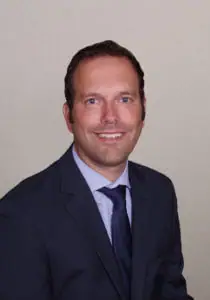
Post-transplantation development of food allergies presents a complex landscape, encompassing a variety of whole foods. Recent studies, notably led by Dr. Rafael Firszt, an esteemed allergist at Tanner Clinic, in collaboration with Dr. Erik Newman, shed light on this emerging complication post-solid organ transplant.
Dr. Firszt and his team have highlighted a concerning trend: the recognition of food allergies as a post-transplant complication. Their comprehensive review delves into post-transplant food allergy development and elucidates the reasons underlying this phenomenon, underscoring its clinical significance.
Recent Findings About Post Transplant Allergies
Recent findings underscore the association of new food allergies with pediatric liver transplants, with rates of 38% in select populations. Despite advancements, the precise mechanism triggering food allergy development remains elusive. However, it is widely speculated that an imbalance in immune suppression plays a pivotal role.
Indeed, De novo (new) food allergy development emerges as a prevalent complication in solid organ transplants. This involves the transfer of membrane-bound IgE and lymphocytes from the donor to the recipient. The body’s change in how it handles food leads to the creation of new allergies.
In the realm of management, significant gaps persist in research, with optimal strategies yet to be fully elucidated. However, preliminary approaches may involve adjusting immune suppression regimens if the food allergy persists without intervention.
For those seeking further insights into this pressing issue, Dr. Firszt’s research provides invaluable guidance. Interested individuals can explore more on their findings, paving the way for a deeper understanding of post-transplant food allergies.
For personalized consultation and expert guidance, appointments with Dr. Firszt can be scheduled either through their online portal or by reaching out via phone at 801.773.4840, offering individuals a pathway to comprehensive care and support in navigating post-transplant challenges.


